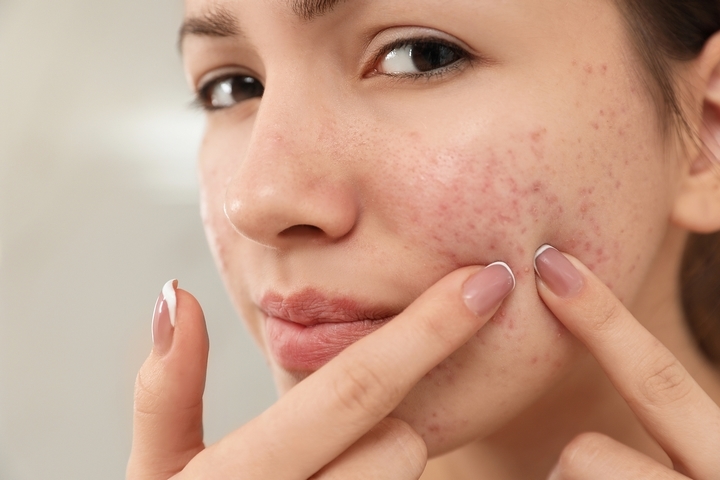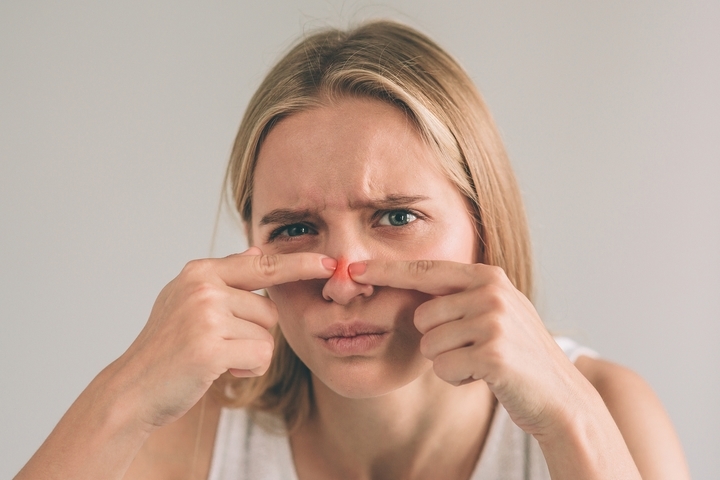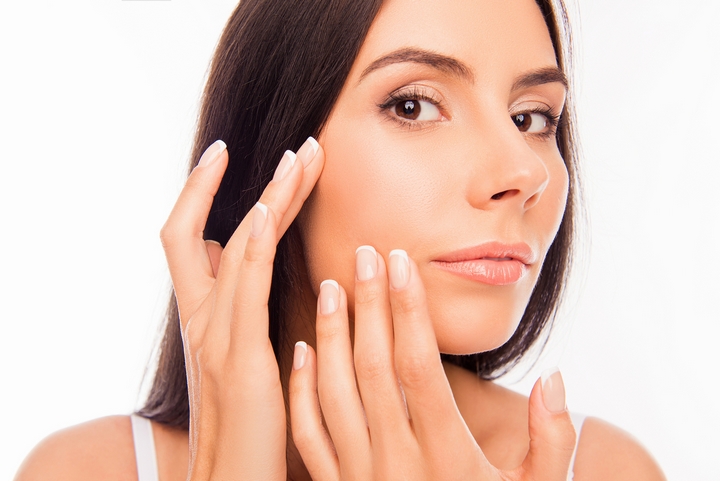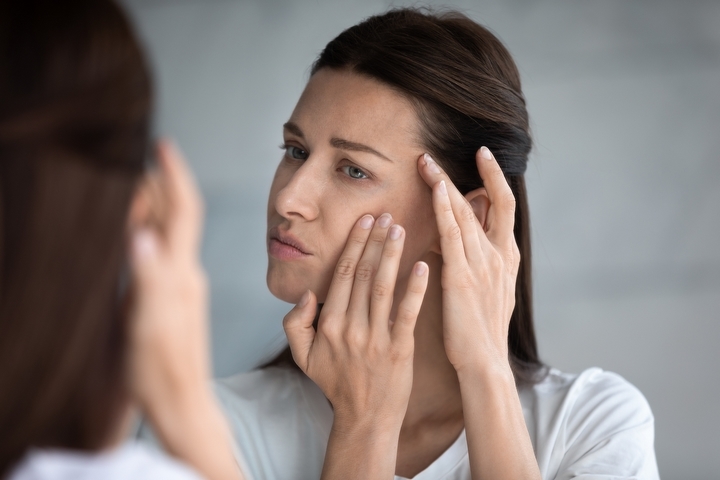Why Acne Scars Look Worse on Some Days

Acne scars can cause frustration and are a source of self-consciousness for many individuals. You may notice their appearance changes daily, wondering why they look worse on certain days.
The fluctuating appearance of acne scars can be frustrating, but understanding the factors contributing to these changes can empower you to take better care of your skin. From managing inflammation and hormonal fluctuations to maintaining a healthy lifestyle and skincare routine, you can minimize the visibility of acne scars.
Everyone’s skin is unique, so finding what works best for you is important. Understanding the factors contributing to these fluctuations can help you better manage your skincare routine and minimize the appearance of acne scars.
Here are several explanations why acne scars look worse on some days:
1. Inflammation

Inflammation plays a significant role in the appearance of acne scars. When the skin experiences inflammation due to acne breakouts or other factors, it triggers a cascade of immune responses. This inflammatory response can produce excess collagen, which is responsible for forming scars.
On days when inflammation is heightened, such as during periods of stress, hormonal changes, or exposure to irritants, the scars may appear more prominent. Fortunately, you can minimize their impact by visiting a cosmetic clinic for professional beauty treatments.
2. Hormonal Fluctuations

Hormones like androgens can stimulate sebum production and increase inflammation, leading to more visible scars.
Menstrual cycles, pregnancy, menopause, and hormonal imbalances can all contribute to the fluctuating hormones that affect the appearance of acne scars. These hormonal shifts can stimulate the sebaceous glands to produce more oil, leading to clogged pores and increased acne breakouts.
When new acne forms, it can aggravate existing scars, making them appear more prominent. Imbalances can also affect collagen production and skin healing processes, which may further influence the visibility of acne scars.
3. Skin Sensitivity

Individuals with sensitive skin may experience more pronounced fluctuations in scar appearance. Factors like allergic reactions, irritants, and harsh chemicals in skincare products can cause redness, inflammation, and irritation.
Avoiding potential triggers and opting for hypoallergenic, fragrance-free products can help minimize these fluctuations.
4. Hydration

How well-hydrated your skin it can significantly influence the appearance of acne scars. When the skin is adequately hydrated, it naturally appears plumper and more supple, which can help diminish the visibility of scars.
On the other hand, when the skin lacks moisture or is dehydrated, the scars may look more pronounced due to the loss of elasticity and the resulting uneven texture.
5. Environmental Factors

Various external factors can impact the appearance of acne scars. For instance, exposure to UV rays from the sun can cause hyperpigmentation and darken the scars, making them more noticeable.
Harsh weather conditions, such as extreme cold or dryness, can exacerbate skin inflammation and make scars appear worse. Environmental pollutants, such as air pollution and harsh weather conditions, can also irritate the skin and worsen the appearance of scars.
6. Your Skincare Routine

Our skincare products and routines are central to managing acne scars. Some skincare products contain active ingredients that can improve the appearance of scars over time, while others may cause temporary redness or irritation.
Harsh cleansers, abrasive exfoliants, and a failure to moisturize can all contribute to scars appearing worse. Choose gentle products suitable for your skin type and incorporate scar-reducing ingredients like retinoids and vitamin C.
7. Diet

Certain foods can trigger inflammation in the body for some people, which can worsen the appearance of scars. High-glycemic foods, such as refined carbohydrates and sugary treats, can lead to spikes in blood sugar levels, triggering an inflammatory response that can exacerbate acne and scar visibility.
Additionally, a diet lacking essential nutrients, such as vitamins A, C, and E, zinc, and omega-3 fatty acids, can impair the skin’s healing process and collagen production, potentially prolonging the appearance of scars.
Opting for a balanced diet rich in fruits and vegetables, lean proteins, whole grains, and healthy fats can promote optimal skin health and support scar healing.
8. Stress

Stress and emotional well-being have a profound effect on our skin’s condition. Stress is known to wreak havoc on your skin, and this includes the appearance of acne scars. When stressed, the body releases cortisol, triggering inflammation and compromise healing. This can increase redness and irritation, making scars appear more prominent.
Finding healthy ways to manage stress, such as exercise, meditation, or seeking support, can help minimize its impact on your skin.
9. The Healing Process

Acne scars take time to heal, and the process is not always linear. On some days, the scars may seem less noticeable, while on others, they appear more pronounced. The skin’s natural healing cycle involves collagen remodelling, and scars may change in appearance during this process.
Patience and consistent scar management practices like using scar-reducing creams or undergoing professional treatments can help optimize healing.





